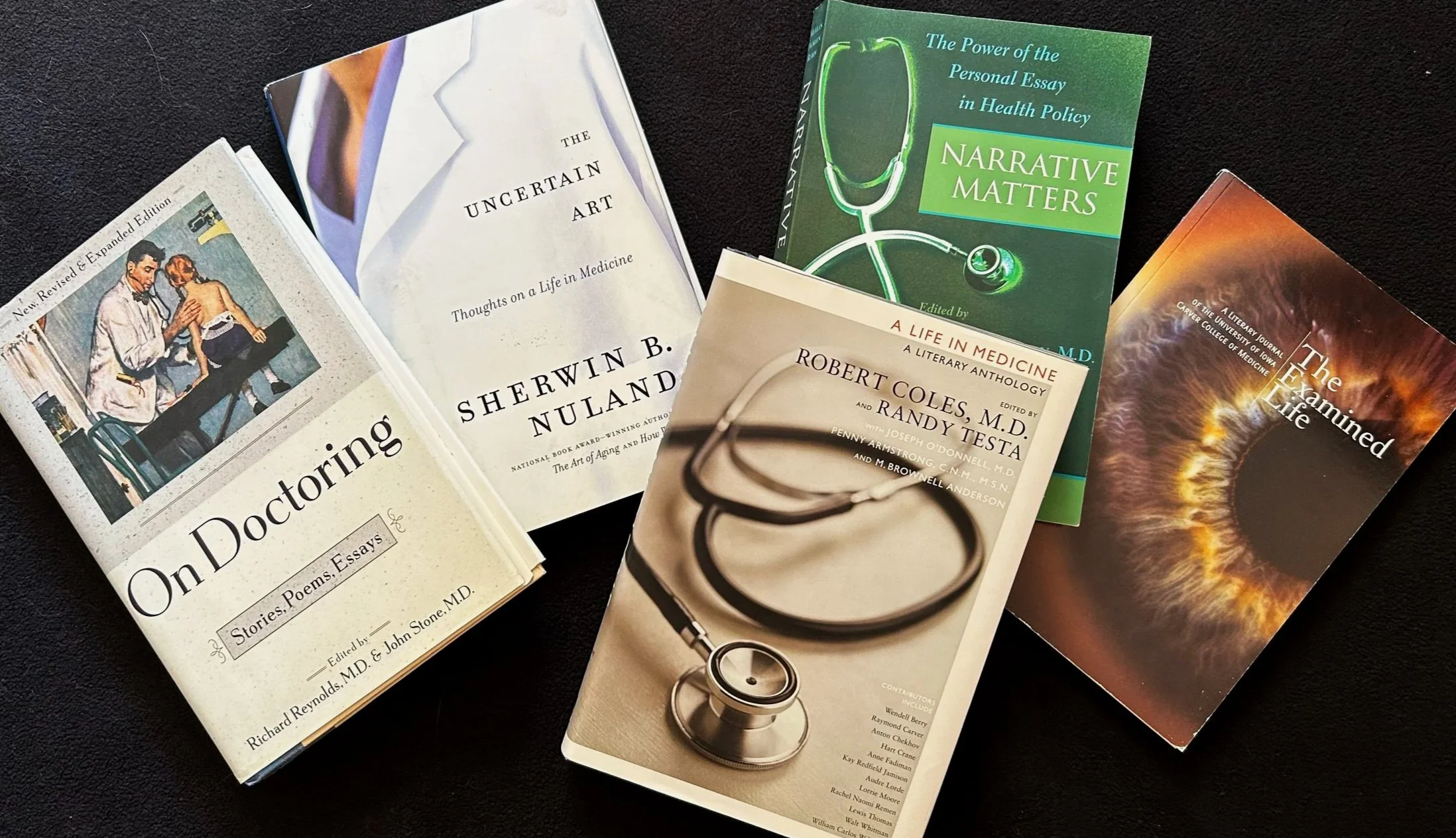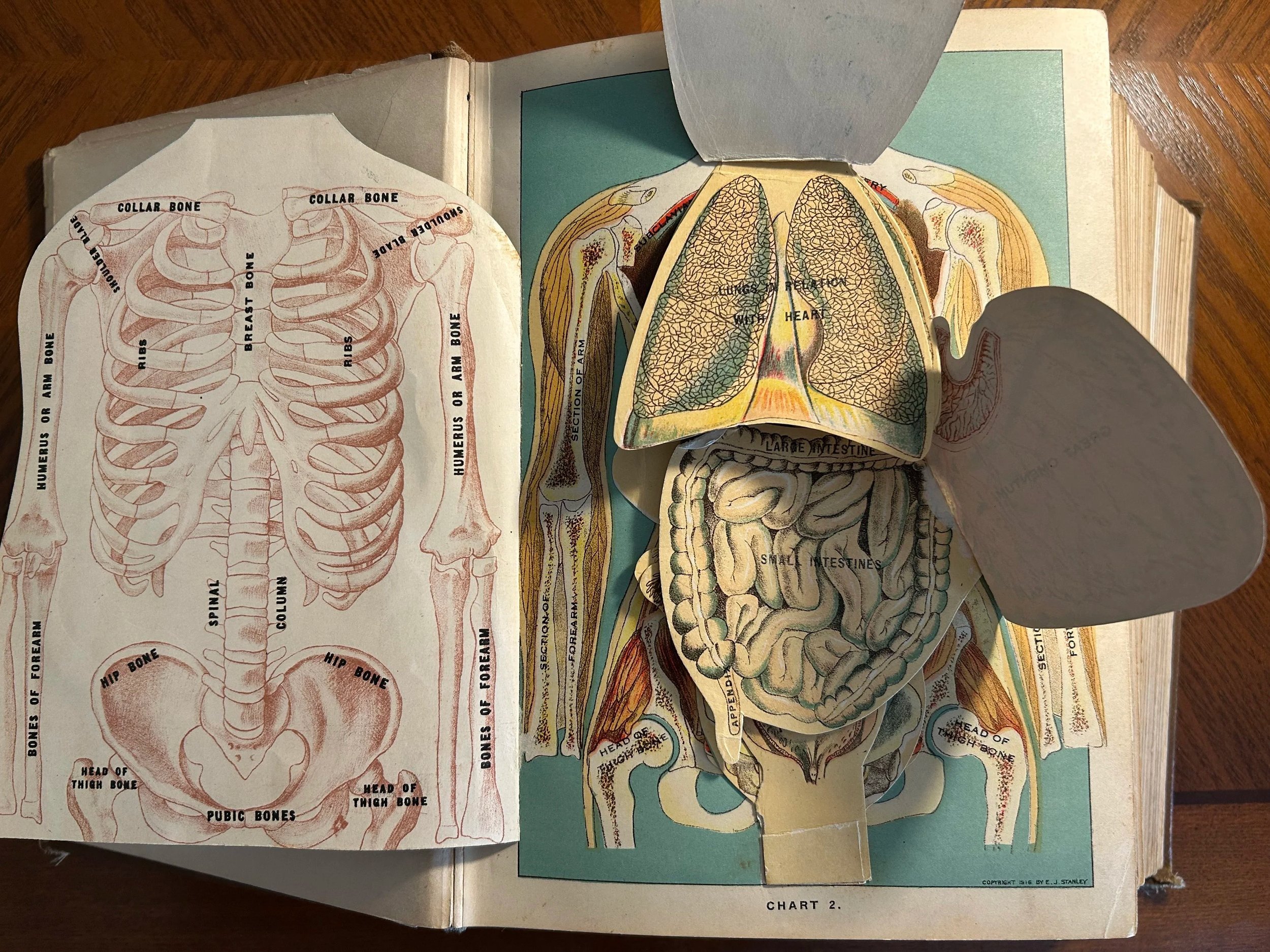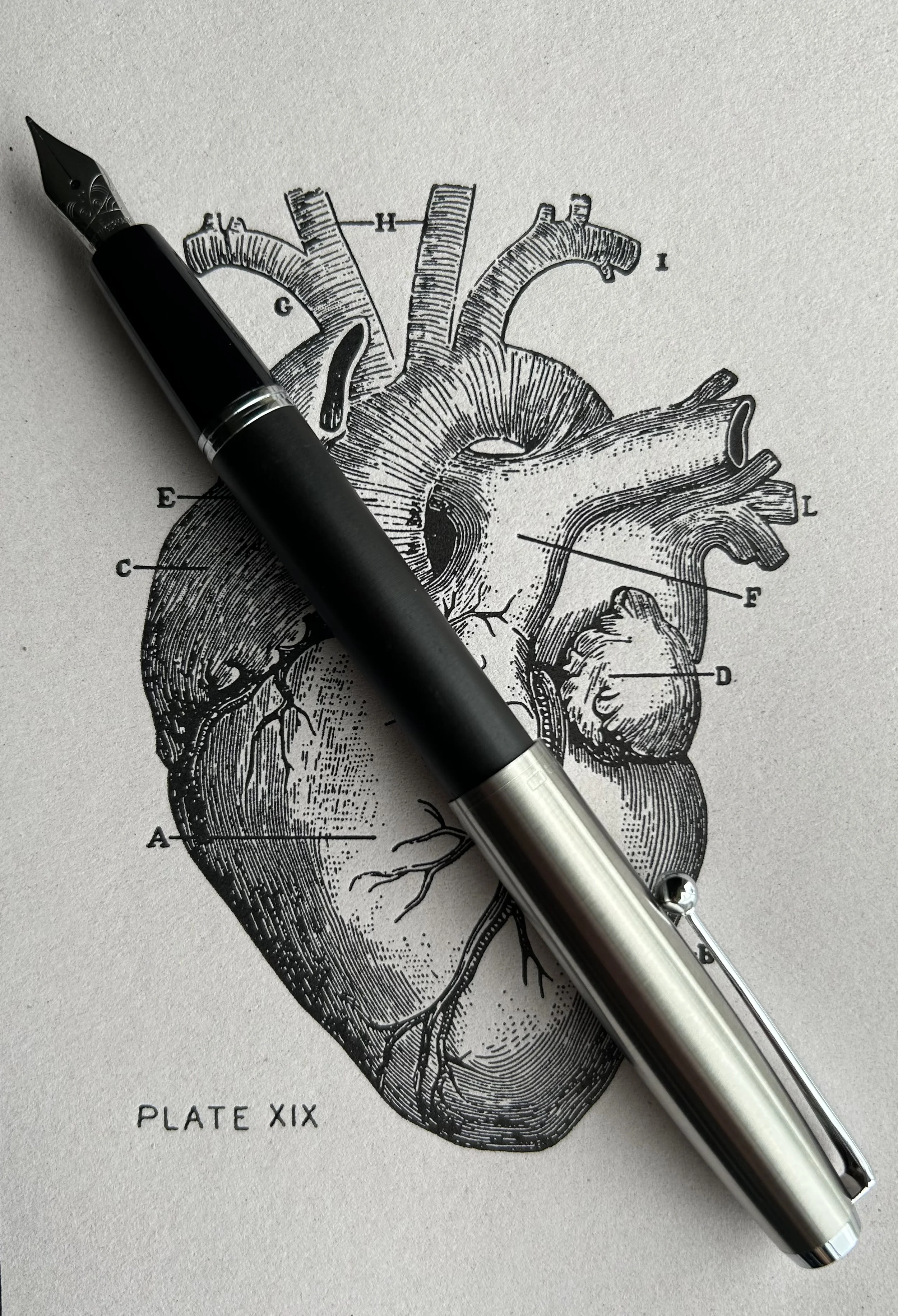Of Narrative Medicine
I’m not a doctor. But sometimes people mistake me for one. No, I don’t go about in a white coat. Sometimes my vocabulary makes people pause and wonder, but I think it’s beneficial for everyone to have a little medical terminology under their belt! The main culprit: books. When I buy them, when I borrow them, when I request them, when I’m caught reading them, when visitors survey my bookcases—the typical reaction is whether I’m in the medical field. The answer is a solid NOPE.
I’m “just” a patient. And I happen to be a big fan of narrative medicine.
So, what is narrative medicine? Many sources describe it as being a clinical discipline that involves engaging in storytelling to better help and empathize with the patient. I interpret it to be far more than that. To me, it’s essentially any narrative with a medical focus be it written by a doctor or patient (or friend or family member), published or private, prose, poetry, or comics. The main point is that it is creative and expressive and somehow delves deeper than mere dry measurements and vitals. It’s a marriage of medicine and the arts. It’s about the humanity of the medical experience—and for all parties involved, it’s complicated.
Digging into this sort of literature has been a great deal of help to me over the years, and I believe it can be beneficial to many others.
What’s so great about it? I appreciate that…
1- Narrative medicine gives me the chance to see things from the health care worker’s perspective. Doctoring and nursing are extremely taxing, far-from-easy jobs. I feel that we tend to forget this when we patients are feeling our worst. While there are times when we must be forceful and advocate for ourselves, there are also times when we are unrealistically demanding and forget that not only can the medical system present obstacles to various parties, but that health care workers are also humans with struggles, strengths, and short-comings just like the rest of us (thank goodness). They may present themselves as closed books at times, but I deeply appreciate when they open up and write about their experiences and emotions. We cannot forget that there are two sides to empathy.
2- Narrative medicine reminds me that I’m not alone in my struggles: other people have similar medical issues as mine! I read about all sorts of conditions, but there’s something about chancing upon narratives about conditions I deal with that fills me with relief—I am not the only one. I may not personally know anyone with my issues, but it helps to find evidence that there are others. Misery loves company, and there is much we can learn from each other.
3- Narrative medicine makes me aware of other health issues out there… because there is far more to life than my own problems. It’s terrible to sink into self-pity or grow obsessively fixated on my conditions—so I steer myself away and turn my focus to others. I read books about all sorts of medical issues whether or not they hit close to home. There’s a great deal of suffering in the world, and some people fight battles you couldn’t even begin to imagine. I believe it’s important to be aware of such matters. Sometimes the hardest part of a sickness isn’t the sickness itself, but the isolation of suffering with something that no one else even attempts to understand. Be supportive of others around you and be educated!
In short, narrative medicine shows me the big picture and helps put it all in perspective. I’m even interested in the history of medicine because that broadens the perspective even more! Pain is still pain, no matter what the century.
Did I always harbor this level of enthusiasm for reading about medicine? NO! For many years, anything related to medicine or anatomy scared me senseless. I was squeamish to the point of being problematic. Certain lessons in school were torture (scary anatomical illustrations). I couldn’t bear to hear about anyone’s injuries or sicknesses (I felt their pain). And forget about going to the doctor—that filled me with terror.
But—I managed to change. Doing research for a novel I was writing about a surgeon led me to start reading about medicine. Surprisingly, fear gave way to fascination. This was freeing and empowering! I even got to the point of deeply considering a career change and going into health care a few years ago. That fell through—as much as I’d like to help people in that manner, it really isn’t for everyone and I clearly have my limitations. Still, that’s quite a turnaround from being so phobic!
And narrative medicine helped! Not only did it help me to overcome my fears, but it helped me to become a better, more understanding patient. Narrative medicine is beneficial whether you’re writing and processing your own narratives (writing is extremely therapeutic!) or reading about the experiences of others. Fear is both a stumbling block and a cage. Knowledge and empathy, however, do a world of good. Narrative medicine helps.


